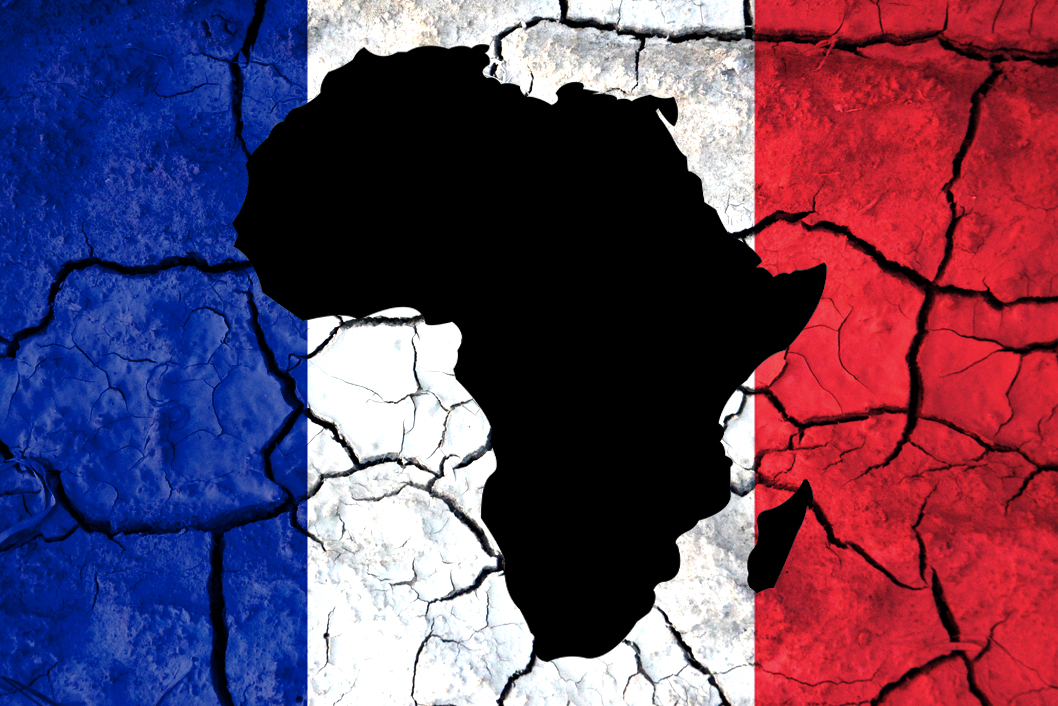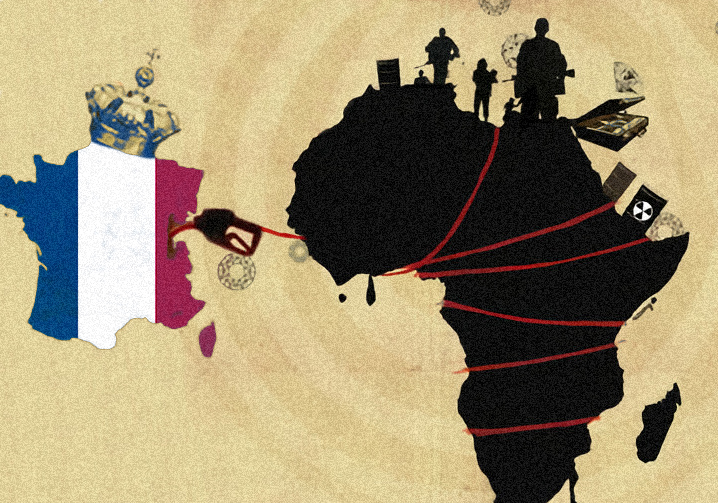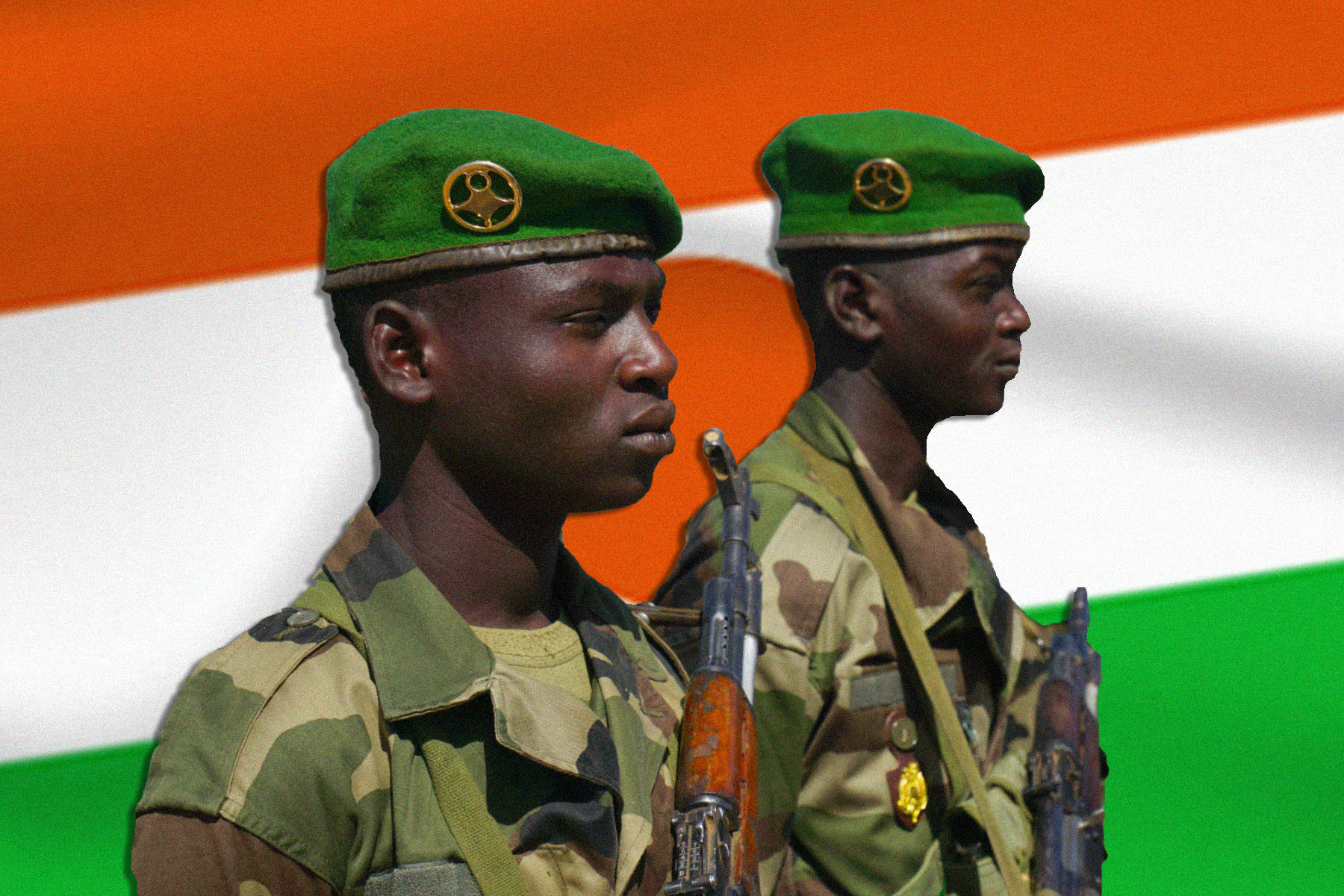
The Economic Community of West African States (ECOWAS) met in Nigeria’s capital, Abuja, last Thursday to discuss how to respond to the recent coup in Niger. The deadline put forward by ECOWAS for the coup leaders to step aside and restore President Mohamed Bazoum to power elapsed the previous Sunday without the military intervention that countries like Nigeria had threatened.
At the conclusion of the meeting on Thursday, ECOWAS released a vague statement saying they had agreed to assemble a “standby” military force but immediately added that military intervention in Niger would be the last resort. They did not set out further details of what the force it intends to assemble would look like or what action it might take.
Contradictions and divisions
Nigerian president and the current chairman of ECOWAS, Bola Tinubu, was embarrassed when his proposal to mobilise troops for military intervention to Niger was rejected by the Nigerian senate. It is therefore not clear if the Nigerian Army would be part of this ‘standby force’, since the senate had voted against military deployment.
What this farcical situation clearly shows is that there are deep divisions running through the Nigerian ruling class. A section of them understand that military intervention would not be for the best at this stage.
What was also interesting was that ECOWAS has issued its own statement, independently of Nigeria, saying that military intervention would only be considered as a last resort. This further shows the division in the ruling classes in the region.
The possibility of deploying troops to Niger is not very popular in Nigeria, particularly with the youth. On Saturday, protests were held in Kano state against the threat of military intervention. Protesters chanted: “Nigeriens are our brothers, Nigeriens are our family”, and “Niger is ours, we don’t want war, war against Niger is an injustice, a plot by western forces.”
This sentiment is particularly deep in the states which border Niger, where people share deep ethnic ties. What the Nigerian ruling class is particularly afraid of is that Nigeria itself will be affected by the fallout of a military intervention. The ‘EndSars’ protests, which began in 2020, are still fresh in the minds of Nigerians. There is the possibility that this could ignite on a higher level in case of a military intervention in a neighbouring country. In addition to this, there is the question of unleashing an immediate humanitarian and refugee crisis.

A further deterrent is that this coup has popular support in Niger and across the region. In the minds of many people, particularly the youth, this is a blow against French imperialism. This sentiment runs deep across the francophone region, particularly in Burkina Faso, Mali, Guinea and Senegal.
A clear example of this are the daily demonstrations on the streets of the capital Niamey in support of the coup leaders. Last Sunday, a demonstration of tens of thousands of people gathered at a stadium in the capital as a deadline set by Tinubu to return deposed president Bazoum to power was set to expire.
The Economist quoted Nassirou Mahamadou, a vegetable seller in Niamey who was outraged that ECOWAS is even considering sending troops to Niger: “If they come here, we [civilians] are going to war alongside the army.” This sentiment is typical and this mass support is a major factor in the current equation.
Therefore, the most likely immediate scenario is the initiation of some sort of dialogue. Last week General Abdourahmane Tchiani had agreed in principle to start dialogue with ECOWAS after his meeting with Nigerian Islamic scholars.
Hatred of French imperialism boiling over
One of the underlying factors fuelling the whole process in West Africa and the Sahel is an intense mood of hatred against French imperialism. For this reason, direct military intervention by France is very unlikely. In fact, this has the potential to set the entire continent of Africa ablaze. Instead, the French would most likely prefer to ride out the storm and play for time.
After World War II, through political, security and economic ties, France has maintained a tight stranglehold in francophone Africa, both to serve its interests and retain a last bastion of weakening imperial prestige.

In March 2008, former French President Jacques Chirac said: “Without Africa, France will slide down into the rank of a third world power”. Chirac’s predecessor François Mitterrand said that: “Without Africa, France will have no history in the 21st century”.
The consequences of this policy for Africa were slavish dependence on the French economy; dependence on the French military; and the open-door policy for French private enterprise to loot and plunder this region.
For decades fourteen Western and Central African countries have had their national reserves held by the French central bank under essentially colonial monetary agreements. These are Benin, Burkina Faso, Ivory Coast, Mali, Niger, Senegal, Togo, Cameroon, Central African Republic, Guinea Bissau, Equatorial Guinea, Chad, Congo-Brazzaville and Gabon.
The French National Assembly passed a law in May 2020, ratifying the end of the ‘CFA franc’ and with it the requirement for countries to lodge their reserves with the Bank of France. However, in practice the same relation continues to exist, with African critics calling the reforms more “symbolic” than real.
It is estimated that France now holds nearly $500 billion every year of African countries’ money in its treasury. Moreover, African countries do not have access to this money. In fact, France forced its former colonies to put up to 65 percent of their foreign currency reserves into the French Central Bank, plus another 20 percent for financial liabilities, thus leaving them access to only 15 percent of their own money. If they need more, they have to borrow their own money from France at commercial rates.
A suffocating parasite
France has had the first right to buy any natural resources found on the territory of its ex-colonies. Preferences were given to French interests and companies in the field of public procurement.
France maintained an exclusive right to supply military equipment and training to the African military by deploying troops and intervening in African countries to defend France’s interests. And these countries were obliged to ally with France alone in situations of war or crisis.
Over the past 70 years, France has protected its interests in Africa through economic measures, by covert action and dozens of military interventions. France has intervened in sub-Saharan Africa on various occasions in recent years, in addition to using intelligence and surveillance operations and countless semi-permanent military campaigns.
The French have been at the frontline in the enslavement, colonisation and plundering of francophone Africa by stealing their gold, diamonds and other natural resources. In short, France has been bleeding Africa dry.
It has been a parasitic, suffocating leach on the region. And this has, to a large extent, fuelled the resentments built-up against it on account of its political interference and armed interventions. It also explains why the recent string of coups, carried out by a layer of the officer caste, are so popular in the region.
An explosive situation
All of this has created an explosive situation over time. It is no wonder the French are so unpopular. Presidents and ministers are greeted by protests when they visit former French colonies in Africa.
The process of radicalisation in West Africa took a qualitative turn in the aftermath of the Arab revolutions of 2010-2015. In Nigeria, we saw the Occupy Nigeria movement directly inspired by the Egyptian revolution. There was the movement to remove Abdullah Wade in Senegal in 2012. In 2014 there was a revolutionary movement which removed Blaise Compaorré in Burkina Faso. Then there were revolutionary movements in Togo and Gabon.
On top of this, France pushed heavily for NATO intervention in Libya against Muammar Gaddafi. This was another turn in the situation. The aim of this intervention was to cut across the Arab Revolution, of course. But a consequence of this has been the destabilisation of West Africa and the Sahel.
The jihadists moved from Libya into the Sahel and West Africa, and NATO and French imperialism followed them in. This poured more fuel on the fire of the developing revolutionary mood.
In Burkina Faso, which has entered a revolutionary period, this caused an insurrectionary mood as the masses armed themselves to fight back.

In September 2022, an initiative was launched to recruit 50,000 civilian defence volunteer forces to fight the jihadists. The situation was becoming dangerous for the ruling class. The junior officers, which in these countries represent a sensitive barometer of the general mood, decided to move.
What is abundantly clear is that French imperialism is losing its grip on West Africa. The coup in Niger is a blow to western imperialism. Niger was a key player in the United States’ and France’s strategy in Africa.
Mohamed Bazoum was a key ally to the West. Under him, the country was an oasis of apparent stability in a deeply unstable region. France has stationed some 1,500 troops in Niger, most having been moved there after their humiliating expulsion from Mali. This open alliance with the West was deeply resented by the Nigerien masses. This explains the mass support the coup leaders are receiving.
Niger has now become the latest link in a chain of coups that have shaken the Sahel region. All of these coups are directly against the interests of French and western imperialism. Burkina Faso demanded all French troops leave in 2022. Mali expelled 2,400 French troops in 2022.These represent a shift in world relations and usher in a new period of realignment and turbulence in the crisis of capitalism.
It must also be remembered that more than 60 percent of the population of the entire continent is under the age of 25 years old. This makes it the youngest continent in the world. Every one of the world’s 10 youngest nations by median age are in Africa, with Niger in first place among them, with a median age of 14.8 years. What we are seeing is a process of deepening radicalisation, a process that will sweep across the whole African continent.

